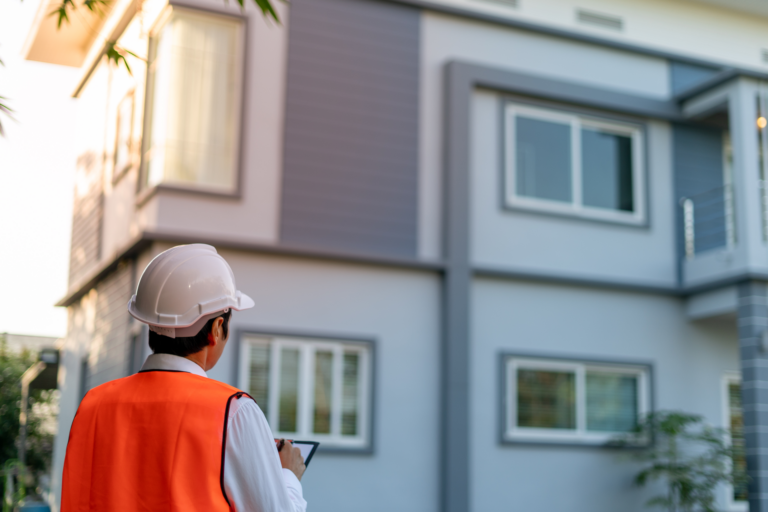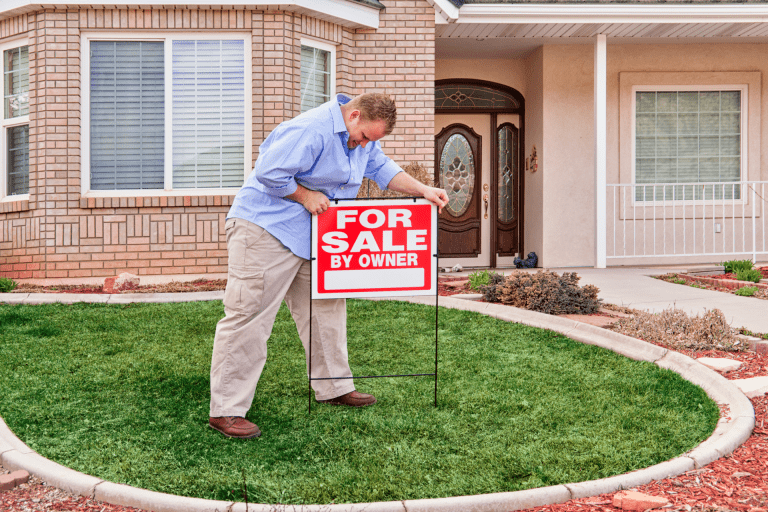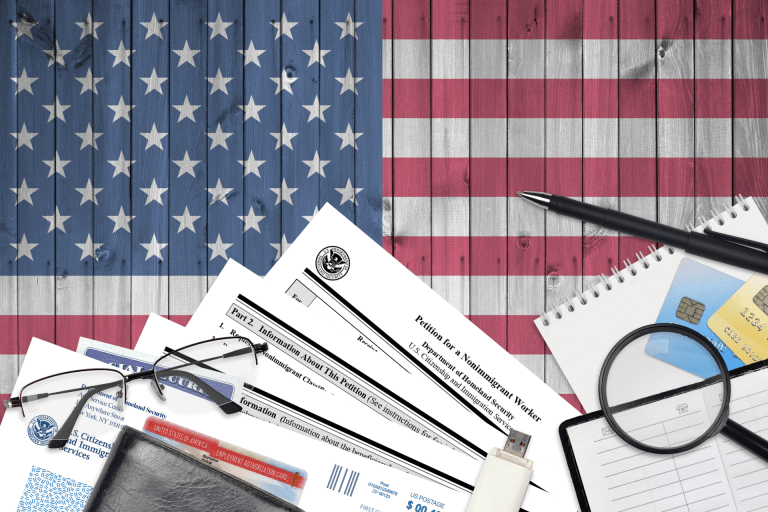Florida law requires home sellers to disclose any known issues that can affect the value of a property. If a property has a defect that materially affects its value and the seller is aware of its existence, the buyer must be informed before signing the purchase contract.
What happens if you buy a house with a hidden defect in Florida? Read on to find out.
Seller’s Duty to Disclose in Florida – The Fundamentals
Whether a buyer does not ask a seller about a property’s defects, Florida requires the seller to disclose any known issues that somehow affect its value. Unfortunately, many buyers do not know about the seller’s disclosure obligation, which results in defects revealed after the purchase is complete.
Florida law requires sellers to disclose any “latent defects” affecting a property, referring to defects that are not readily observable in a visit, for example. If a defect is readily visible, the seller is not obligated to disclose it.
For instance, a crack on a wall in the property’s living room would not trigger a breach of the seller’s duty to disclose. Examples of defects that sellers often fail to reveal include:
- Structural or foundational defects (e.g., cracks in house foundation, roofing issues, bad sewer lines, etc.)
- Plumbing defects (e.g., rusty pipes)
- Poor or outdated electric wiring
- Risk of sinkholes
- The existence of infestations (e.g., termites, rodents, etc.)
- Rotten wood walls
- Defective HVAC system
- Bad ventilation
- Defective septic system
- Exposition to toxic chemicals (e.g., asbestos, radon, etc.)
- Boundary disputes and encroachments
- Title issues
What Happens If You Buy a House in Florida and Something is Wrong? – In Detail
Florida law does not require sellers to disclose an issue that is unknown to them nor obligates them to inspect the home to search for defects. The first step is to consult with an expert real estate lawyer to identify whether the injuries are related to a seller’s failure to disclose.
For example, if someone purchases a defective home in foreclosure for a price lower than the standard paid for the same property with repairs, filing a lawsuit for failure to disclose against the seller is not an option.
If applicable, a buyer must seek professional inspection to identify whether the defect was hidden during the disclosure.
A professional inspector will analyze the premises and issue a report with material evidence (e.g., photo, video, etc.). With feasible evidence of the seller’s misconduct, it is possible to file in court to recover the money lost in damages.
Depending on the severity of the defect hidden in the disclosure and the injuries suffered by the buyer, the court may give the buyer the right to cancel the transaction.
Please note that even if a house is sold “As Is” in Florida, it does not waive the seller’s duty to disclose. If you have purchased a property using an “As Is” contract but a defect found after closing was disclosed in time, consult with an expert attorney to find a solution for your case.
Protecting Your Rights in Florida Real Estate – Immediately Contact Jurado & Associates, P.A.
A well-versed attorney from Jurado & Associates, P.A. is willing to help protect your interests. Contact us by calling (305) 921-0976 or emailing [email protected] for an individual consultation.






